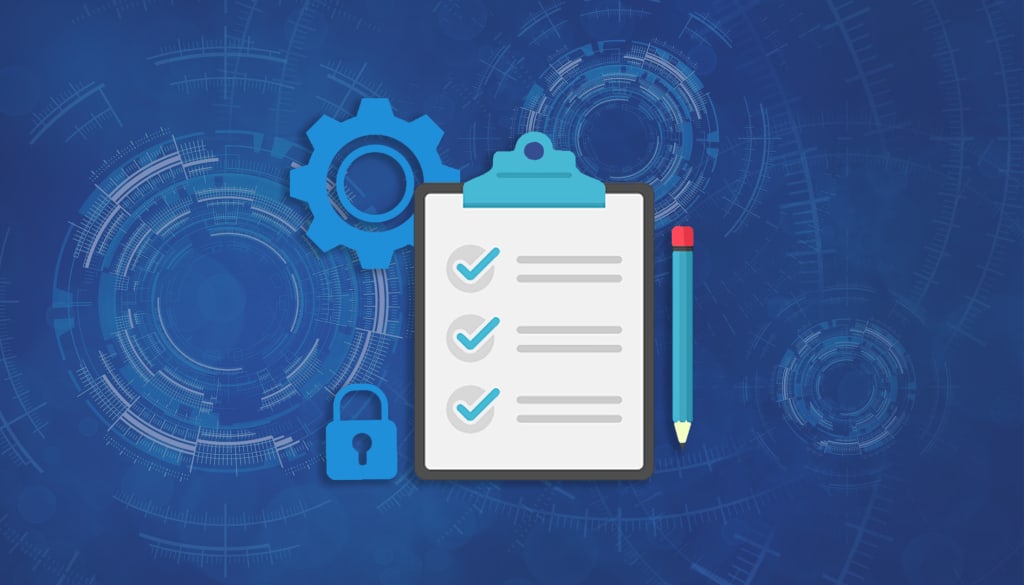Cyberattacks on Blockchain networks and smart contracts
smart contract audit

Blockchain developers have a responsibility to identify and address vulnerabilities before they are employed in actual attacks.
Malicious entities use two main methods to carry out a successful attack: bait and response attack. The first relies on social engineering tricks, such as persuading the victim to send crypto to the attacker’s wallet; The second and more complex strategy requires a deep understanding of Blockchain network smart contracts and related elements, such as cross-chain and side-chain wallets, as well as knowledge of various protocols.
Smart contract audit services are appealing targets for malevolent hacker attacks because they handle or trade substantial quantities of wealth. Large sums of money can be stolen through simple programming flaws.
Importance of Smart Contract Security Audit
A weak smart contract reflects more than a flawed programming attempt. It may damage the developer’s reputation and jeopardise initiatives that took months or years to create. As a result, programmers now include smart contract audits in their development process for each new project.
The smart contract code for a project is examined and commented upon in a smart contract security audit. These contracts are typically written in the Solidity programming language and served through GitHub. Security audits are especially valuable for decentralized finance projects that expect to process millions of dollars worth of Blockchain transactions or a large number of investors.
The process offers the following amazing benefits:
-Improved protection against hackers.
- Prevents costly smart contract mistakes.
- Safer decentralized financial products.
-Increase confidence in the project and throughout the industry.
-Increased credibility in an increasingly competitive industry.
The ability for developers to do better and more sustainable work is possible, leading to more secure products and applications, through smart contract audits. Additionally, the audit report acts as an independent expert’s seal of approval for a new initiative, which investors and consumers can rely on.
Smart contract security audit process
Smart contract auditing follows a fairly standard process among smart contract audit providers. Although each reference may take a somewhat different approach, the standard procedure is as follows:
1. Determine the scope of the review
It defines the project (and intended use), the overall architecture of the smart contract, and the various specifications. When building and running the code, the audit team is able to comprehend the project’s objectives thanks to the specification.
The project architecture, development procedure, and design choices are thoroughly described in the smart contract specification and other associated publications. The specs are often described in the project’s README file.
Smart contract audits are not only focused on the security of the Blockchain chain. You also look at effectiveness and improvement. Some contracts perform a complex series of transactions to complete their intended function. Since processing fees on networks like Ethereum are relatively expensive, efficient contracts can save a lot of transaction costs.
2. Unit test
Here, the developer’s responsibility is to write unit test cases. While the unit tests are running, the validator checks if the smart contract works as expected. At this point, smart contract auditors use testing tools and an audit network to ensure unit tests cover all relevant risks.
Additionally, the tests give smart contract auditors access to unofficial documents that provide additional details about the planned functionality of the project.
3. Manual check
The most important part of the review process. The checker checks each line of code for errors.
4. Automatic check
After manual proofreading, the validator performs a detailed code review using proofreading tools such as Slither, Scribble, Mythril, and MythX. The auditor recommends performing a smart contract audit based on identified vulnerabilities and code optimization.
The majority of an audit’s job consists of examining contracts for security flaws. While some issues are obvious, many financial abuses use sophisticated methods and procedures. For example, market manipulation with vulnerable smart contracts can be used to launch flash lending attacks. To find these issues, the validator begins the process of interrupt testing and simulating malicious attacks on smart contracts.
5. Preparation of initial reports
The auditor prepares an initial draft of the report, including any errors found, and then sends it to the project development team for comments and related corrections.
6. Final Report
The drafting of the audit report is the last step in the smart contract audit procedure. Before releasing an in-depth audit report, the auditor must finish tests and analyses that are both human and automated. The final report is published after taking into account the steps the team has taken to resolve the reported issues.
The audit report is submitted at the end of the audit process. To achieve transparency, bsc smart contract audit projects are expected to share their results with the community. Most reports classify issues by severity, such as critical, major, minor, and so on. The report will also include the status of the issue, so projects have time to resolve the issue before the final report is issued.
About the Creator
cypher shield
Get your smart contracts audited and certified by leading smart contract security experts. Our smart contract audit services cover functionality, vulnerabilities, and gas efficiency. Talk to a consultant now to get started.






Comments
There are no comments for this story
Be the first to respond and start the conversation.